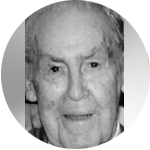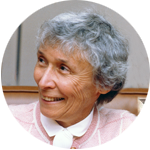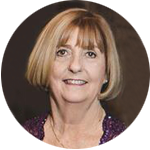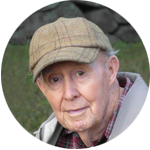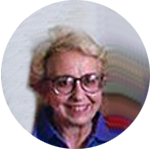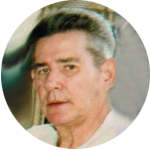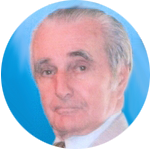Ruth Wolf Page, 95, of Shelburne, Vt., died Oct. 30 at Wake Robin, a retirement community in Shelburne where she had been living, two weeks after having a stroke.
In 1957, she and her husband, Proctor, purchased the Suburban List, a weekly newspaper in Essex, Vt. She was a reporter, copy editor and proofreader, among other duties, for the Suburban List, which won multiple journalism awards during her tenure. She was also a columnist and editorial writer. She authored a weekly column for Suburban List titled Lady Fare, which frequently featured stories about her children and her gardens.
She was a New England Press Association board member and the first female president of the Vermont Press Association.
After selling the Suburban List two decades later, she was editor of a newsletter for the nonprofit Gardens for All, later called the National Gardening Association. She transformed the newsletter into National Gardening Magazine. She retired as editor in 1986.
She also authored a book of gardening essays called “Ruth Page’s Gardening Journal.”
For many years, she was on National Public Radio and Vermont Public Radio, as the presenter of “Ruth Page’s Gardening Journal” and then for narrated essays on nature and human threats to the environment.
She was a commentator on Vermont Public Radio through age 90.
Page also had a role in state politics, first as a two-term member of the board of the Vermont State Colleges, and then as a member of the Vermont Judicial Conduct Board from 1981 to 1986.
She leaves two daughters, Candace and Patti; a son, Robert; four grandchildren; a step-granddaughter; a step-great-granddaughter.
